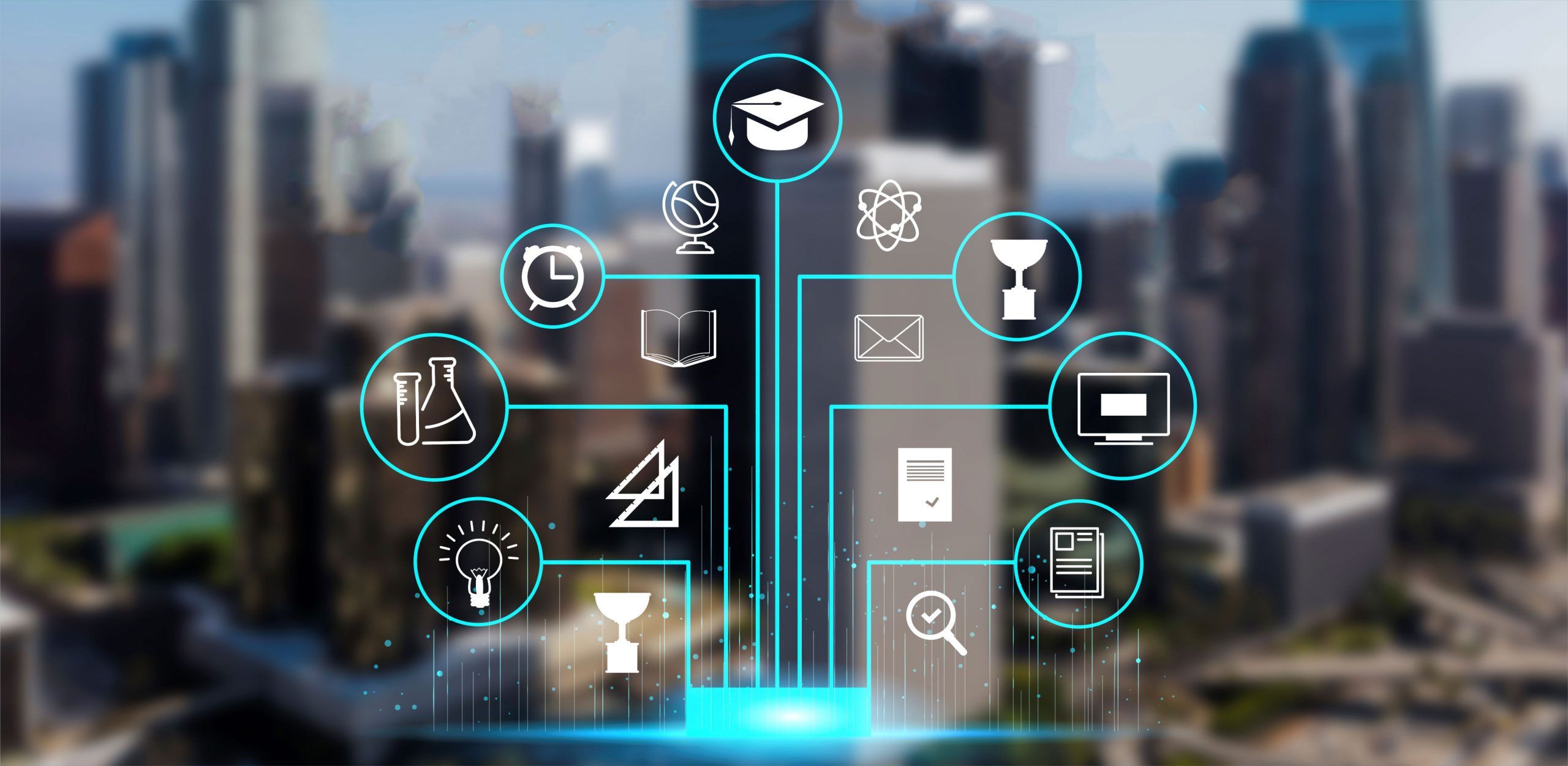![]()
Skill development is a seed, which when sown, develops strong roots. Children, in particular, benefit immensely from skill development as it shapes their minds and helps them grow into confident, capable individuals.
Harvard’s Center on the Developing Child explains how skills like focus, awareness, planning, flexibility, and self-control can be instrumental in helping children navigate life’s toughest challenges.
Yet, studies show that 85% of schools in India haven’t implemented vocational courses as part of their curriculum, showcasing the lack of a robust skilling educational ecosystem.
Hence, a gap still exists between a child and the skills they need to thrive in life.
The World Economic Forum’s Education 4.0 framework strives to bridge this gap. Wondering how? The framework emphasises the importance of interpersonal and socio-emotional skills like collaboration, communication, and coordination. It explains how these skills better prepare the next generation to navigate work and life.
It was designed after detailed consultations with educational experts from schools, non-profits, education ministries, and the private sector. It highlights the abilities, skills, attitudes, and values essential to learning, from early childhood through secondary school, ensuring that children foster a holistic approach to skill development.
What does this entail for the education sector?
Standing on the cusp of an era marked by rapid transformations, this framework clearly states the role of educational institutions. It urges schools to encourage young learners to become innovators, problem-solvers, and visionaries who are equipped to excel in the evolving world.
The mandate for educational institutions is clear: Cultivate a holistic learning approach that imparts concrete skills and fosters interpersonal and societal values that serve as the cornerstone for a lifetime of growth and learning.
In the face of escalating demands, there is a need for education that transcends traditional paradigms. Hence, this framework underscores that the future of education must inspire children to develop qualities like teamwork, empathy, punctuality, critical thinking, and more, that cannot be replicated or replaced by technology.
How can the Education 4.0 framework be implemented in schools?
Divided into broader brackets of content and experiences, this framework presents eight transformations, ensuring that the next-generation learners are academically poised to lead in a complex global landscape.
Dynamic content for skill adaptation
Going beyond the classroom, the content bracket focuses on the built-in mechanisms for skill adaptation, which equips young learners with a versatile skill set and a proactive mindset.
| Interpersonal skills Focus on content that delves deeper into interpersonal emotional intelligence – skills like leadership, negotiation, empathy, cooperation, and more. | Innovation and creative skills Include content that fosters skills needed to innovate, mainly analytical thinking, system analysis, creativity, and complex problem-solving. |
| Global citizenship skills Includes content that focuses on generating awareness about sustainability, playing an active role in the global community, and more. | Technology skills Incorporate content based on enhancing a child’s digital knowledge about programming, digital responsibility, and the use of technology. |
Experience-based pedagogies for hands-on learning
This approach ensures children understand and apply the concepts in various scenarios and contexts, developing personalised learning. This is how schools can implement experiential teachings:
- Problem-based and collaborative learning: This type of learning focuses on enhancing peer collaboration that mirrors the future of work. For example, younger students can visit a zoo/planetarium/museum, note down their learnings, and form a group to collaborate and share their observations with the class. Or, they can convene as a group, brainstorm ideas on a particular subject, interview members from that industry, design a business plan, and present impactful solutions in front of their classmates and industry experts. At VIBGYOR Group of Schools, we offer students a unique forum to debate, deliberate, discuss, and resolve international relations-related issues based on the actual policies of the nations they represent through the VIBGYORMUN initiative.
- Personalised and self-paced learning: Shifting from a standardised learning system and implementing self-paced learning techniques can boost students’ self-confidence.. Teachers can also conduct one-on-one or mentoring sessions with students to help them progress at their own pace. For example, using a self-learning tool to build a website or write codes, learning a concept through the help of a favourite cartoon show or sports, etc. competency-based learning can go a long way. At VIBGYOR, we also have a Personalised Learning Centre that offers learning support and counselling services to students.
- Lifelong and student-driven learning: A system where children can improve their existing skills and acquire new ones. For example, if they are good at communication and collaboration, they can be encouraged to participate in panel discussions, debates, or give presentations.
- Accessible and inclusive learning: This type of learning goes beyond the confines of educational institutions and is accessible to all. One that happens online, giving children the option of learning from anywhere. Adding an inclusive touch to this can be done in the form of one-on-one sessions for students who require it, asking for student feedback, offering captions or subtitles to simplify learning, and more.
Schools, therefore, play a pivotal role in preparing students to take on the future. By integrating the principles specified in the Education 4.0 framework, educational institutions can bridge the learning gap by not only enhancing academic learning but also nurturing the social and emotional growth of students. It is a bold step towards building an equitable and thriving educational landscape, where the potential of each student is realised.
